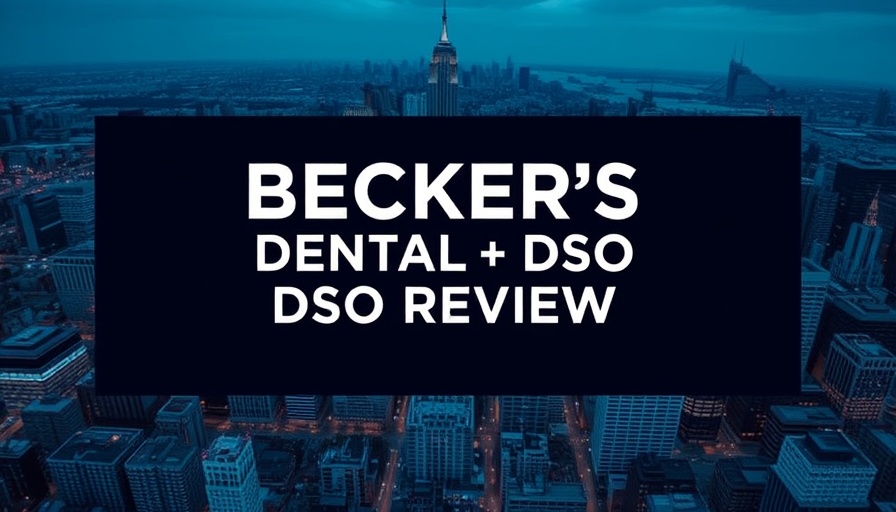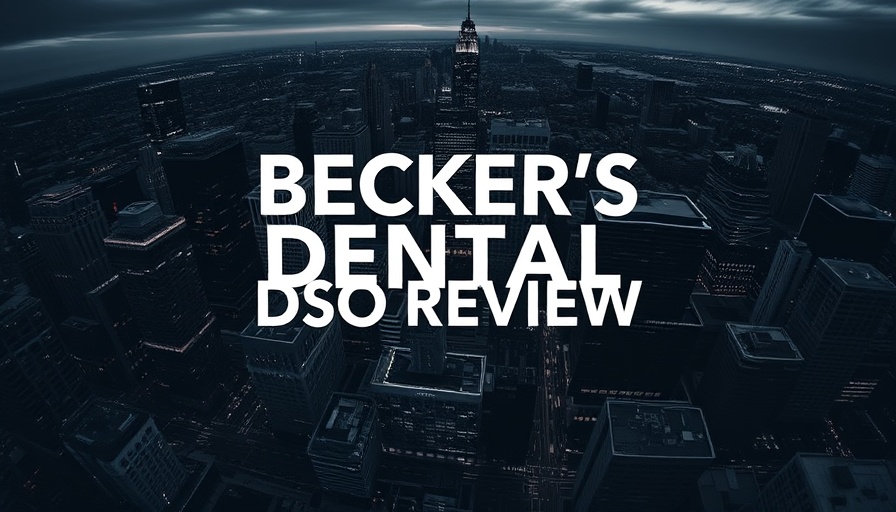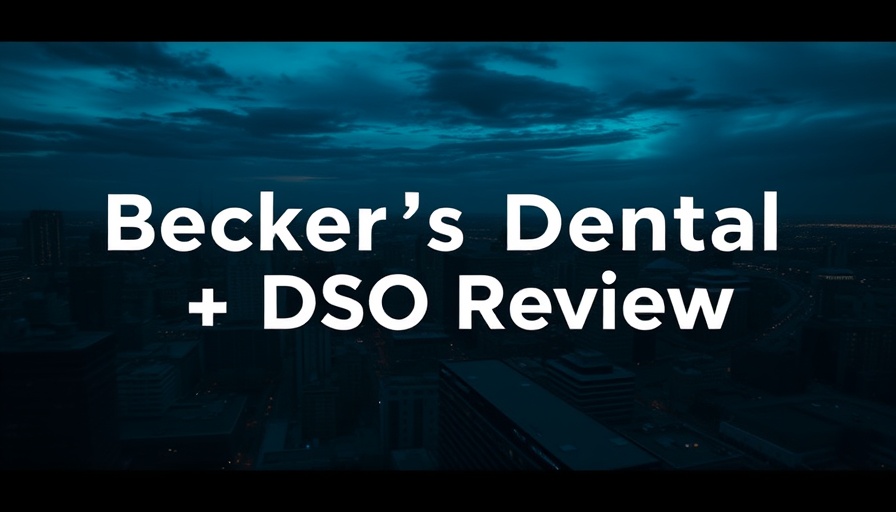
A Disturbing Violation of Trust in Dental Care
In a shocking case that has rattled both the dental community and patients, Dr. Patrick Tu Huynh, a dentist operating in Marlborough, Massachusetts, faces serious legal repercussions for allegedly hiding a camera in his staff's bathroom. This incident, which came to light in May when a member of the staff discovered the hidden camera, not only raises ethical questions about patient and employee privacy but also reflects broader issues of trust within healthcare environments.
The Legal Ramifications
Dr. Huynh has been charged with seven counts of photographing a person in a state of nudity without consent, alongside two counts of unlawful wiretapping and destruction of property. His bail has been set at $10,000, and he is barred from returning to the practice or contacting the victims involved. His next court appearance is scheduled for September 25, a date that will no doubt be closely followed by both his colleagues and the affected staff members.
Understanding Patient and Employee Trust
This incident comes at a time when trust is paramount in the healthcare sector. Integrity and a safe environment are not only legal obligations but also foundational to successful patient relationships. For practitioners like Dr. Emily Johnson—a dentist deeply embedded in her community in suburban Pennsylvania—such breaches can significantly undermine the rapport established between healthcare providers and patients. It raises questions regarding how practices can safeguard their staff and patients from similarly invasive situations.
The Broader Implications for Healthcare Standards
The repercussions of Dr. Huynh's actions highlight the urgent need for stricter protocols regarding privacy and surveillance in medical settings. Many clinics and offices, including dental practices, have historically insufficient measures in place to protect the privacy of their employees and patients. Legal experts warn that this case could set a precedent, prompting a review of existing laws and encouraging healthcare practices to adopt comprehensive policies training staff about digital ethics and privacy.
Tools for Enhancing Privacy in Practice
Integrating technology responsibly is critical for safeguarding sensitive areas within any medical or dental practice. Incorporating basic security measures such as access-controlled bathrooms, surveillance warning signs, and regular audits can help instill a culture of safety and trust. Furthermore, dental practices can benefit from robust privacy policies that outline how digital tools can be used ethically and responsibly, thus preventing future violations.
Shining a Light on the Importance of Ethics in Dentistry
This incident serves as a wake-up call for dental practitioners. Ethical conduct isn’t just about adhering to legal standards; it embodies a fundamental respect for individuals' rights to privacy and dignity. Dr. Emily Johnson and her peers must advocate for higher ethical standards within their practices and beyond, fostering an environment where trust prevails and patients feel genuinely safe.
Call to Action: Reforming the Ethical Landscape
As the details of this case unfold, healthcare practitioners nationwide must engage in conversations about privacy policies and ethical practices within their offices. The integrity of the healthcare profession hinges on these elements, and as members of the community, it is incumbent upon us to lead this change. Whether it’s through continued education or updated policy implementation, take proactive steps to ensure that privacy and trust in the healthcare system are never compromised.
 Add Row
Add Row  Add
Add 




Write A Comment